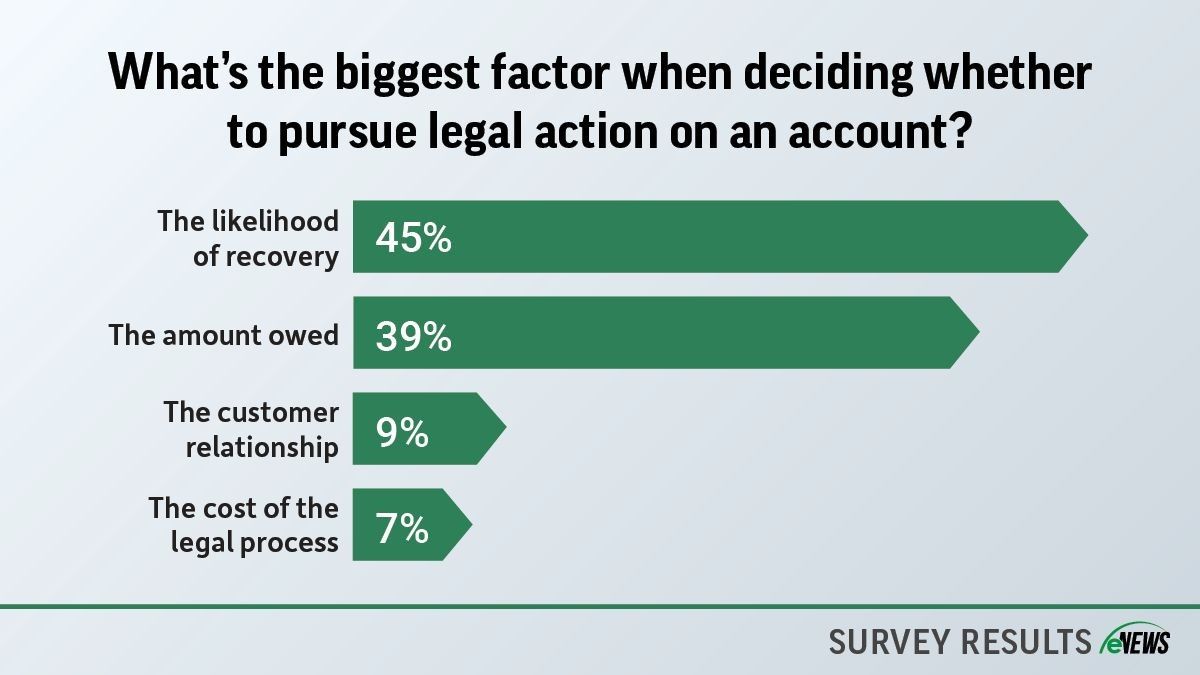Business Practices, eNews
Credit investigations: your first step to success

When it comes to mitigating risk and protecting a business from potential losses, the success of any credit department hinges on the credit investigation. That first look into a customer to assess creditworthiness, and determine the appropriate terms of sale, is a crucial stage in your relationship with that customer.
Why it matters: An effective, well-rounded credit investigation helps you to manage your accounts in a way that best protects your company from risk while maintaining a strong, positive relationship with the customer. There are many factors to consider during your investigation, and time and experience will teach you which metrics and reports to rely on.
Each credit manager has their own approach to a credit investigation, shaped by their experience, industry and the data they have readily available. For Chris Finley, CICP, manager of global credit for Club Car LLC (Troutman, NC), all new customers must complete a credit application, unless a credit manager approves of an exception for larger commercial entities.
“We pull a third-party credit report,” Finley said. “Depending on the findings, the dollar amount of the request, et cetera, we will reach out to trade references, bank references and potentially financials. Typically for annual reviews, we review financials for credit lines greater than $500K or where risk or exposure mandates a review—higher risk accounts may require more frequent reviews.”
For Brendon Misik, CCE, CICP, senior manager, Ag credit at Nutrien (Hoffman Estates, IL), a well-rounded credit investigation harps back to one of the key principles of credit: knowing your customer. “The credit investigation process is centered around getting to know your customer in the best way possible,” Misik said. “It takes talking with them, asking questions about their business, finding out how long they’ve been around, who their customers are, who they sell to, who they buy from and where they are in the industry.”
Misik finds that financial statements are key to assessing a business’s creditworthiness. “We rely heavily on financial statements,” Misik said. “We get financial statements on 95% of all of our customers, as it is one of our policy stipulations. That’s one of the best ways to get to know your customer because it shows how they operate, how they do business, what their margins are and if they are stable. It can also show if they are debt-averse or if they have a lot of debt and have to rely on their banks and vendors for the cash to cover their operating costs.”
Financial statements can offer an objective look at a company that even the most detailed and extensive communication with your customer won’t reveal. “When reviewing financials, we look closely at cash flow and balance sheet metrics,” Finley said. “We are mindful of profitability in year-over-year comparisons as a form of sustainability, but that’s not our main focus.”
Despite their usefulness, it can be tricky to get financial statements from customers who are weary of sharing such information. Even the most deft credit managers will hit a wall with customers who are unwilling to share their records. Still, when your credit investigation hinges on this information, it is important to consider strategies that might help grant you access to it.
“It’s very difficult for somebody who keeps their company very close to their heart to want to give up financial information,” Misik said. “We offer to sign a non-disclosure agreement with them. The biggest pushback that we receive is ‘I’m not going to give you my private information.’ Well, we understand that, and we will sign a non-disclosure agreement with you. Even though you’re a private company and we’re a publicly traded company, that non-disclosure agreement means a lot.”
While a credit investigation requires consistent communication with your potential customer, it can be a challenge to communicate when you’ve made your decision, especially when you’ve made the call not to extend credit.
“If we do not find enough information to support an approval, we often call the customer to explain our findings and try to obtain additional information that can support an approval,” Finley said. “After the additional review, if we still cannot support, we offer cash in advance terms.”
The bottom line: When it comes to credit investigations, there is so much information to pull on a customer, both external and internal, that helps credit managers make informed, well-rounded decisions when extending credit.





